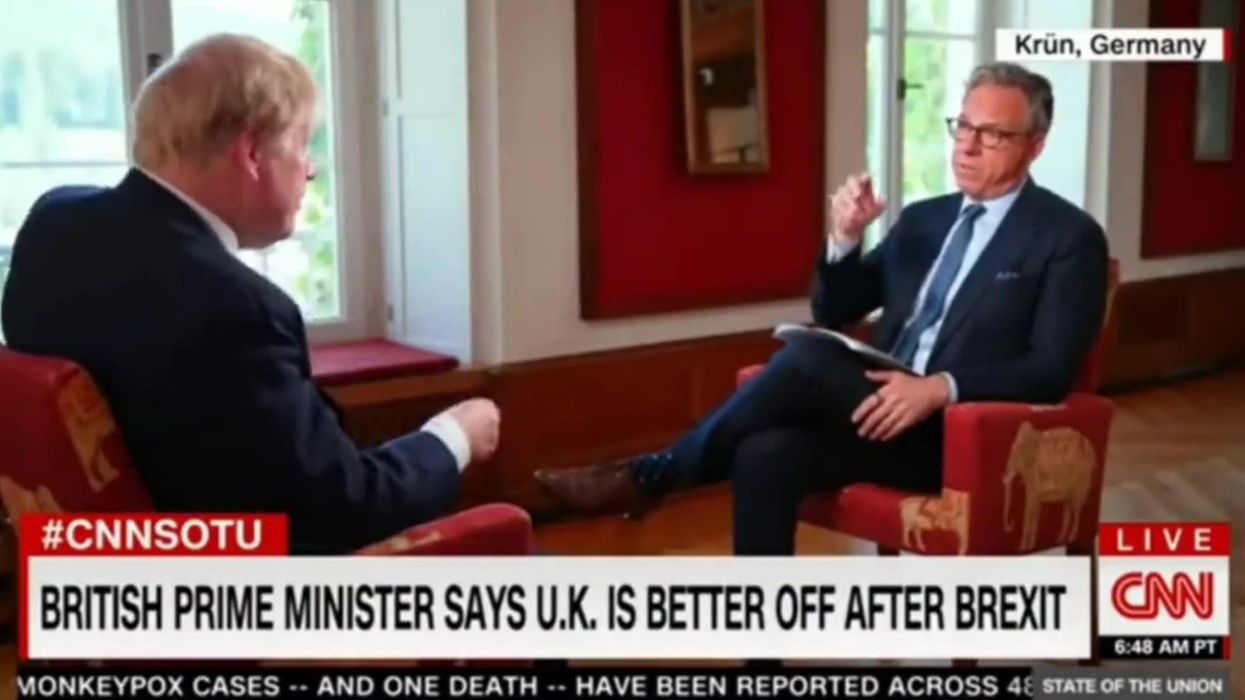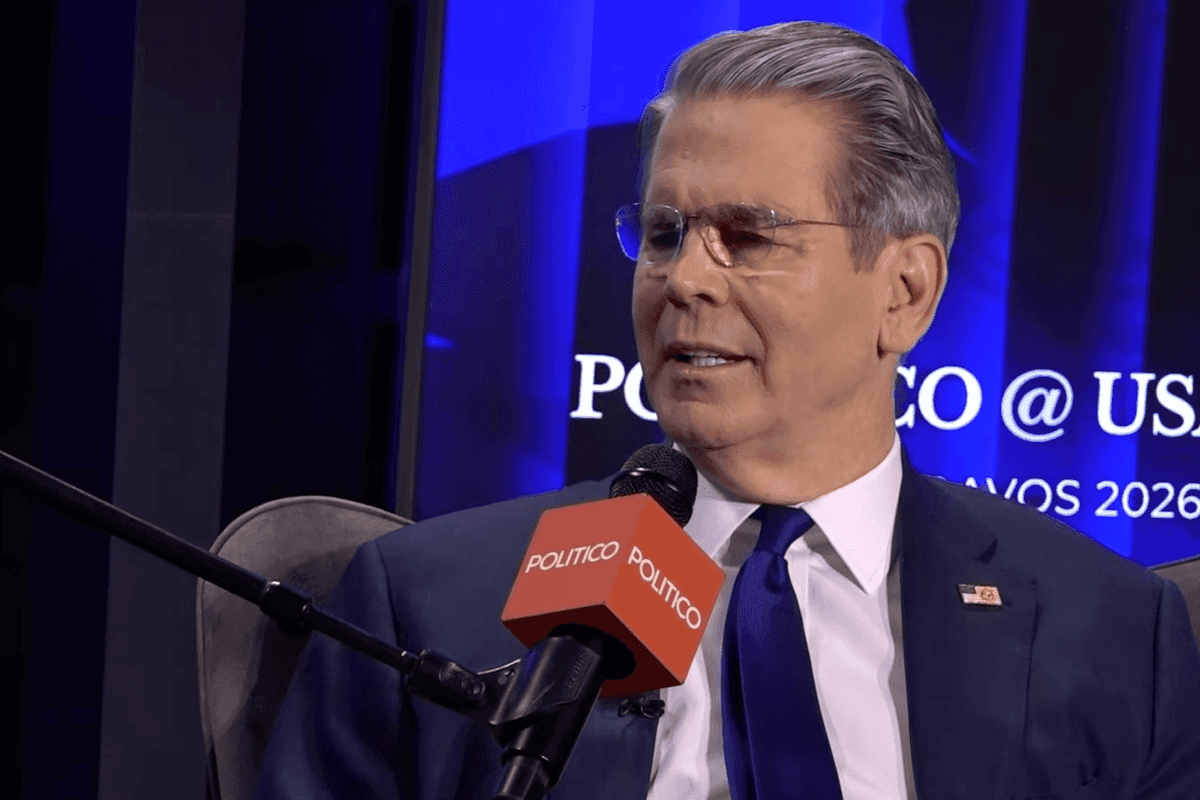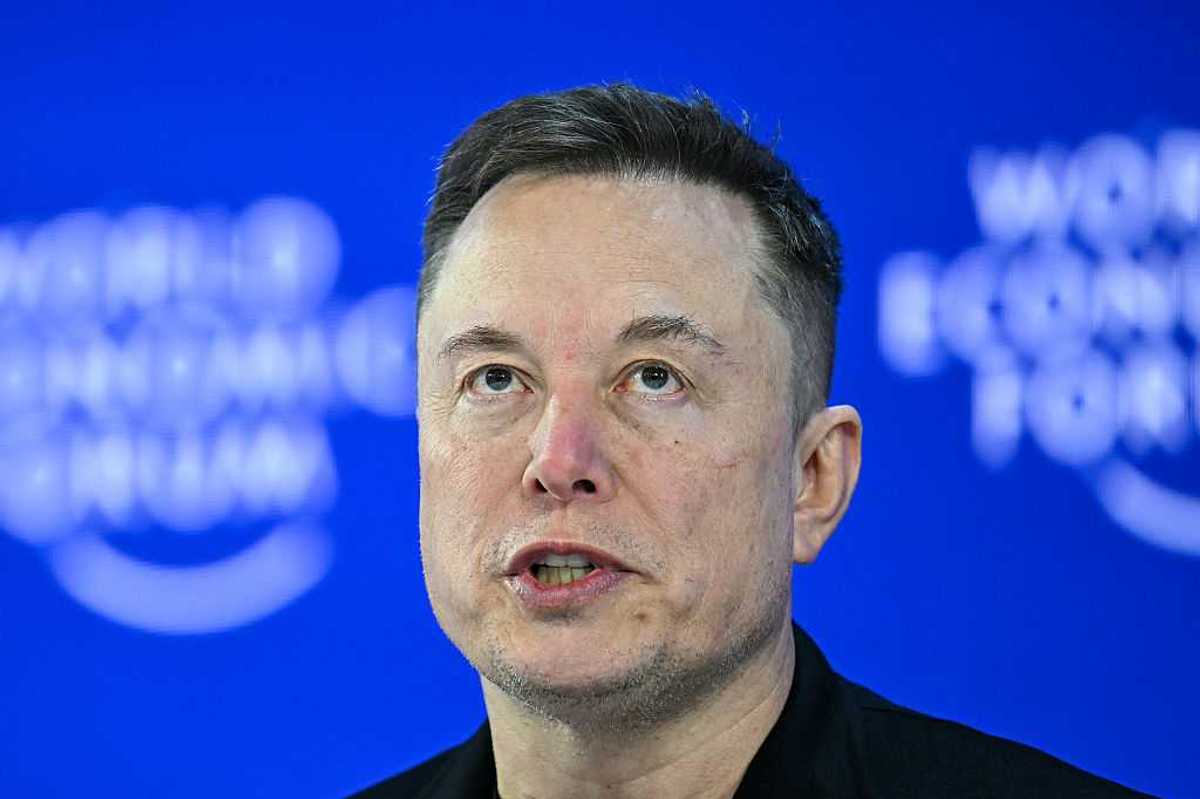Related video: Boris Johnson quotes 'The Fonz' when asked a question about Brexit
Brexit looks set to jump back into the news agenda this evening when Sir Keir Starmer lays out his plans to “make Brexit work”.
Because nothing reassures the public that politicians have Brexit under control than one party pledging to “get Brexit done” and then another promising to “make Brexit work”.
Even Jacob Rees-Mogg, the minister for Brexit opportunities, is struggling. In a speech given to the Evaluation Task Force back in March – with the transcript only published last week - he only mentioned the B-word once, and that was when he described his job role.
According to The Financial Times, Sir Keir will say on Monday: “[The Conservatives] have created a hulking ‘fatberg’ of red tape. It is hampering the flow of British business – we will knock that barrier down.”
Bold of the Labour leader to reference a floating mass of wet wipes when he has been compared to one himself.
We digress. There’s supposedly five key elements which make up Labour’s plan to deal with Brexit, so we’ve broken them down for you, because we’re nice like that.
Sign up to our free Indy100 weekly newsletter
\u201cWe must focus on the opportunities of the future, not the divisions of the past.\n\nToday, I\u2019m setting out how Labour will make Brexit work for the whole country.\n\nhttps://t.co/9b9yTMQi8j\u201d— Keir Starmer (@Keir Starmer) 1656922764
1. Sort out the Northern Ireland protocol
Y’know, that small little part of the UK’s agreement with the EU which is designed to prevent a hard border between Northern Ireland (NI) and the Republic of Ireland, protect the Good Friday Agreement, and ease the transfer of goods between NI and Great Britain?
Y’know, the one the UK government is currently proposing to scrap parts of in a new bill they’re pushing through parliament?
Yeah, that one. Labour claims it has a solution.
According to a briefing from the political party, published by The Guardian, Labour would “seek a new veterinary agreement for trade in agri-products between the UK and EU” – something it says is already in place for countries like Canada and New Zealand.
It continues: “For all other goods we will work with business in Northern Ireland to put in place an enhanced and specialised trusted trader scheme to allow low-risk goods entering Northern Ireland without unnecessary checks.”
2. Removing unnecessary trade barriers
Labour gives the example of “conformity assessments” in this section of its plan, saying it would look to “agree mutual recognition” so companies don’t have to complete two tests or certification processes to sell goods in both the UK and EU.
Examples of these certifications include the UKCA, CE and UKNI markings you may well have spotted on products.
Sir Keir’s party has also said it would look to negotiate “new flexible labour mobility arrangements” to allow for short-term work trips and short-term visas – such as musicians and artists touring within the European Union.
It has stressed, however, that it does not support a return to freedom of movement – the EU benefit we enjoyed when we were a member which granted the right for any EU national to work, live and travel across union states.
3. Supporting scientists and services
Putting our impressive alliteration to one side for a second, Labour has said it would “seek mutual recognition of professional qualifications” so UK services can do business in the EU.
It also wants to keep Britain’s “data adequacy status” so our rules on data protection match those in the EU, so UK digital services can better compete.
Labour hopes to grant researchers access to more funding and research programmes, too.
4. New security arrangements
Simply put, Labour wants a new “security pact” with the EU to “defend our borders” and will look to set up new opportunities for “joint working” on security.
It comes as the UK stopped being a member of the EU security agency Europol last year.
5. A pledge to “invest in Britain”
By this, Labour means it will “use green investment”, make “a commitment to buy, make and sell in Britain” and use the UK’s post-Brexit flexibility to “ensure British regulation is adapted to suit British needs”.
It has also accused the government of missing the opportunity to cut VAT on energy bills since leaving the bloc.
Sir Keir’s speech on Brexit is understood to be delivered later to the Centre for European Reform.
Have your say in our news democracy. Click the upvote icon at the top of the page to help raise this article through the indy100 rankings.














